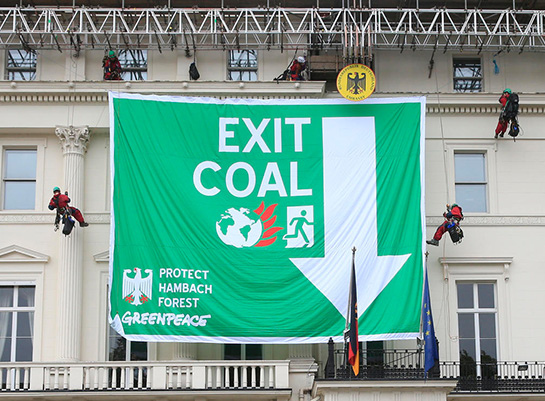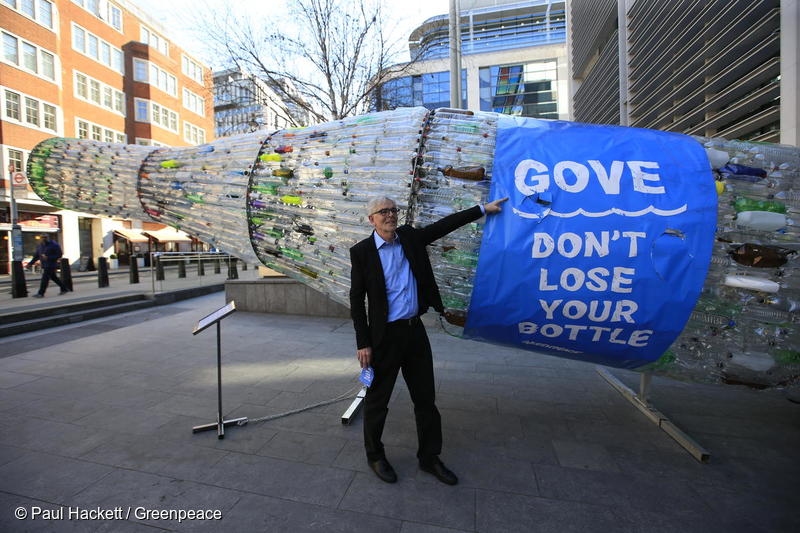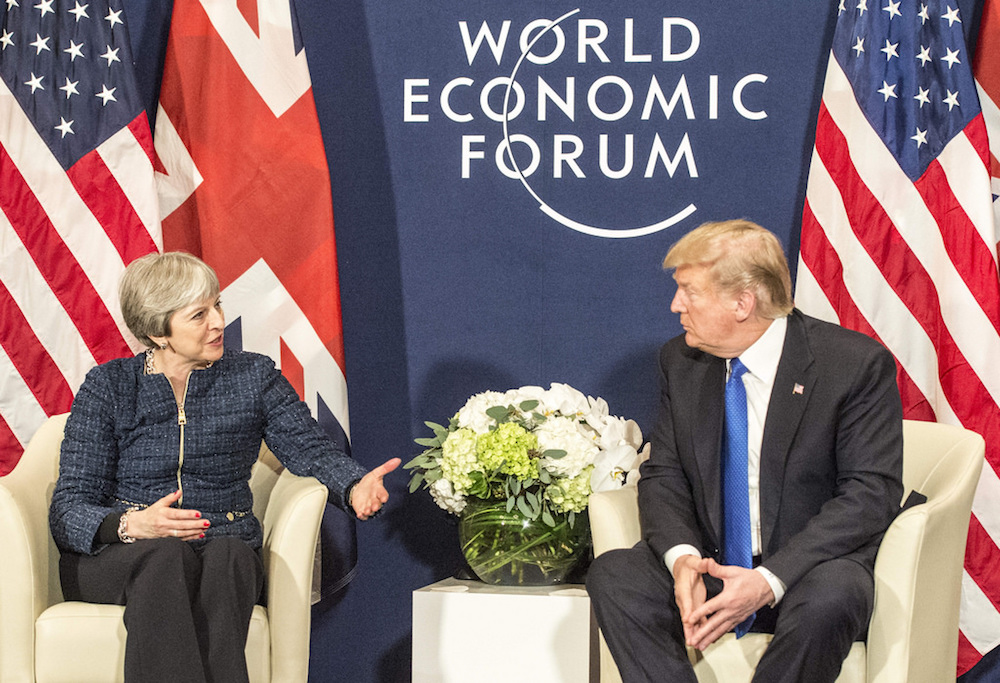How to win at Climate Roulette

First, take as many bullets out of the gun as you can. Secondly, check whether you’ve taken as many bullets out of the gun as you can. Thirdly, if there are any remaining bullets in the gun which you can remove, do so.
Our global gamble with the climate is playing out over too long a timeframe to have the same instant, horrifying drama as Russian roulette, but we are currently aiming a fully loaded carbon cannon at our collective head, and we’re still trying to squeeze more bullets into the chambers.
In addition to the drawn-out chronology, the element of uncertainty is an additional problem. If climate scientists could assert exactly when the climate’s tipping point will take control out of our hands, it seems likely that we’d start taking radical action as we approached that moment. Instead, we have a sliding scale of probability, where every tonne of carbon increases the chances
of catastrophe, but we won’t actually know which bullet has our name on it until the trigger has been pulled.
So we need to remove as many bullets as we can, as fast as we can.
The good news
Firstly, some good news. We have the technology. There are one or two big emitters where we have yet to develop a low carbon alternative, aviation being the most famous example, but for the vast majority of carbon sources we have clean technology ready to replace them.
The success story of our climate mitigation efforts so far has been renewable energy generation. The cost of solar power has fallen by well over 99% over the last few decades, and by 18% this year alone. Onshore wind is the cheapest source of new energy in the UK, and the price set for offshore wind has fallen by around 50% in the last 5 years.
The ongoing spectacular drop in the cost of renewable energy is something to be celebrated, but it’s vital we remember that it does not, in itself, constitute the removal of a bullet. Clean energy doesn’t stop climate change unless we use it to replace dirty energy from fossil fuels. China and Germany have both made amazing progress in renewable energy technologies, which will benefit
the whole world. But domestically, China is still building coal plants, and Germany is on the brink of completely destroying the ancient forest of Hambach, releasing its stored carbon and wiping out its biodiversity, in order to expand an open-cast mine producing lignite, the dirtiest form of coal.
RWE, the multinational owners of one of the UK’s big six utilities, npower, and of the Hambach open-cast mine, is planning to go on extracting lignite throughout the next two decades. Of the ten dirtiest power stations in Europe, six are German lignite plants.
This is the country that led Europe’s climate action, home of the energiewende, the EU’s biggest economy and biggest power. Germany replacing one of Europe’s few remnants of ancient forest with the ugliest form of high-carbon infrastructure to produce the highest-carbon fuel will not help us to persuade developing nations to preserve their forests and avoid high-carbon infrastructure.
This highlights the real challenge for decarbonisation, not the development of clean technologies, where Germany excels, but the closing down of dirty technologies, where Germany is failing. And they are not alone. Countries which happily support decarbonisation when that means investing in new industries may baulk at the ultimate goal of that process – shutting down old
industries.
Every bullet in the gun we’re pointing at ourselves has rich vested interests with expensive lobbyists arguing for it to remain in the chamber. And in many cases organised labour will line up beside them. We must prepare for a just transition, so that workers in unsustainable industries are confident that their prospects will not disappear along with those industries. And we must make our politics more transparent, so that we know who our representatives are really representing. But above all, we must face up to the fact that, even when it’s like pulling teeth, the only way to win at Russian roulette is to take the bullets out of the gun.
About John Sauven
Executive director of Greenpeace UK.



